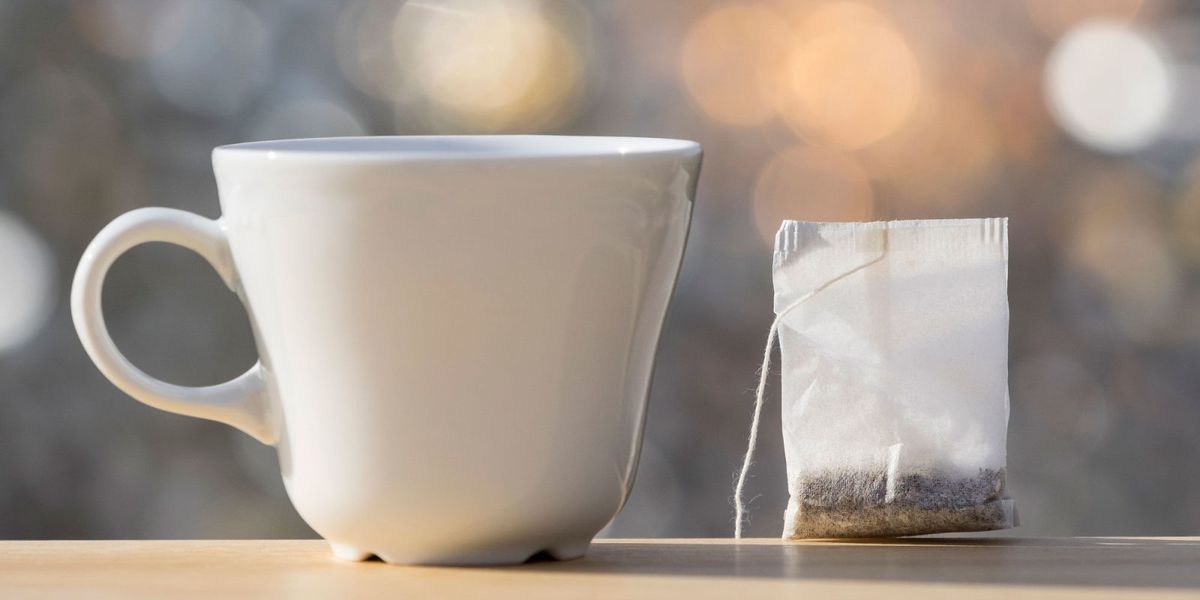
PG Tips, Yorkshire, Twinings, Cllipper and Tetley. The list of tea purveyors vying for the Great British pound is lengthy, and we all have a hot take on who holds the crown when it comes to crafting the perfect cup of Britain’s favourite beverage. But, according to recent findings by the University of East Anglia, not all tea is guilt-free.
In findings uncovered in a recent BBC article, lab tests ran on bags manufactured by some of the country’s most famous tea brands found foul play afoot, with half of those tested containing a non-biodegradable plastic called polypropylene. Of those included in the study, tea bags produced by Twinings, Tetley and Yorkshire Tea were shown to contain fibres of the thermoplastic polymer, which is woven into the fabric of the bags, allowing them to be heat sealed.
The testing process involved placing bags in an ammonia solution, allowing them to rest for five days, leaving only plastic fibres, if present.
Staggeringly, approximately 96% of tea bags produced in the UK contain polypropylene fibres. But in a change of tact, Twinings, Tetley and Yorkshire tea have all announced plans to transition to biodegradable bags by late 2020.
According to official guidelines, tea bags used domestically should be discarded in council food waste bins, after which point they find their way to an anaerobic digestion facility. This, then, results in microplastics ending up in agricultural compost, causing immeasurable damage to the environment.